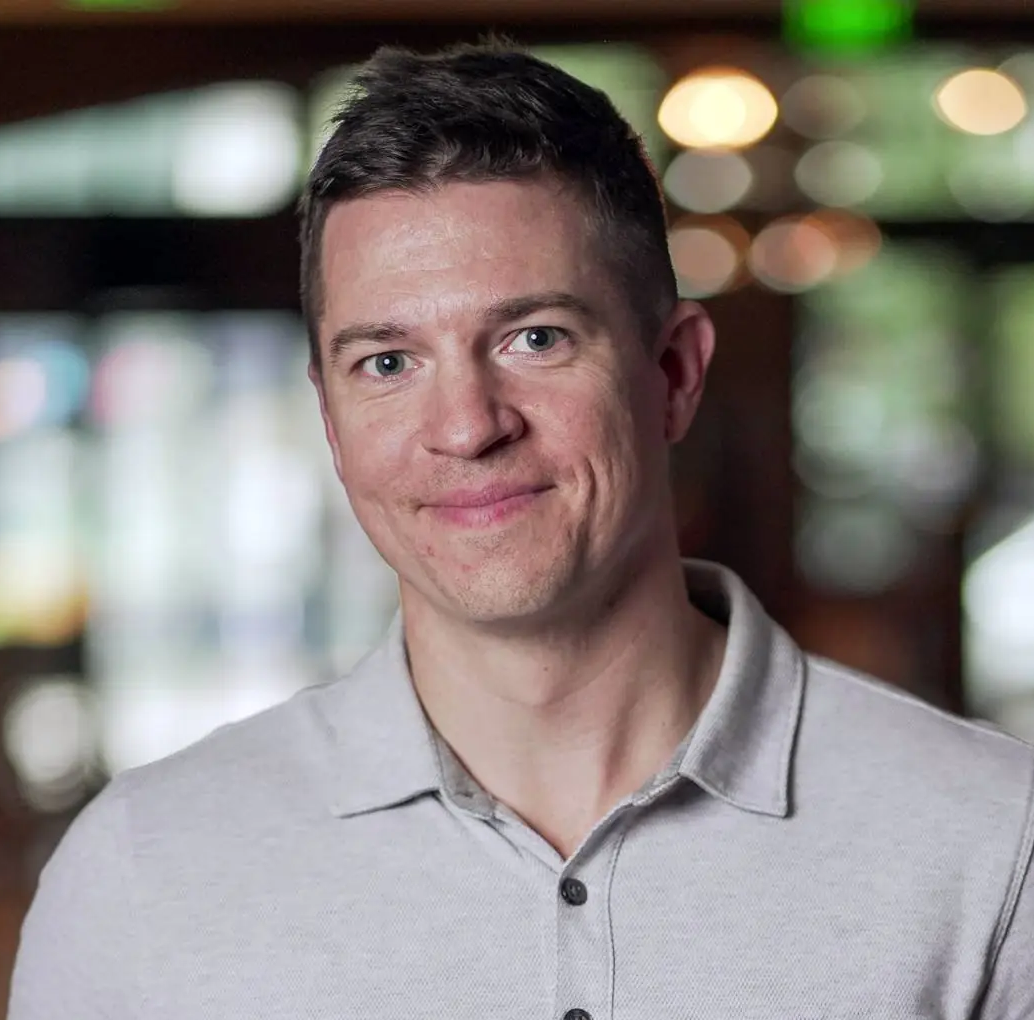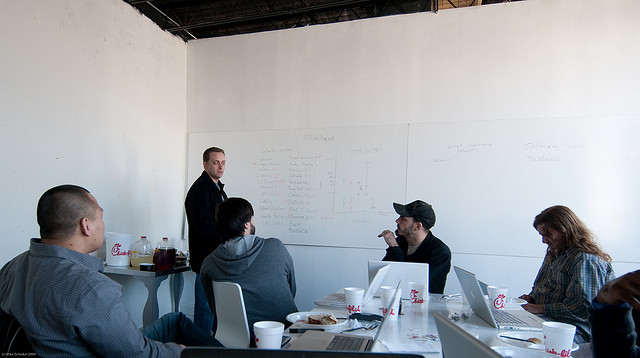
This is not a picture of our focus group. However, it looked at lot like this…minus the delicious Chick-fil-a. In hindsight, we really should have had Chick-fil-a.
If you are considering making significant changes to your website, there are essentially two methods you can use:
- 1. Make completely random changes based on what you think is good, or
2. Collect data that helps you make effective changes.
Hint: You should go with number 2.
It’s not easy to increase your website’s exposure to a point where it receives loads of relevant traffic. However, maximizing the rate at which your website inspires the visitors it does receive to call or email your firm is not difficult; especially when you use real feedback about your website to make strategic content and design choices.
That’s right, I’m talking about conducting a focus group on your law firm’s website.
In this post, I detail the process that the marketing team at Estey & Bomberger and I used to focus group their website. What’s really cool about this is that I was actually able to learn, from trial attorneys who use focus groups to prepare for trial, how to maximize the positive impact of this process!
By implementing the lessons that we learned during the focus group (which cost less than $1k and took 3 hours), we were able to increase the website’s conversion rate by 200%!
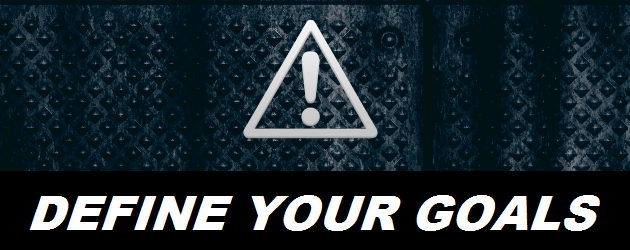
Setting goals is important (radical opinion, I know). The first step in the focus group process is to clearly define what you hope to achieve. Our goals were:
- Understand the strengths of the site, and how they could be further improved upon;
- Understand the weaknesses of the site, and how to fix them;
- Find errors such as broken links and other poor/clunky functionality (it’s amazing what a fresh set of eyes can find that the webmaster will miss every time); and
- Understand how people approach finding an attorney which in-turn teaches us what type of information people care about the most (client testimonials, case results, areas of practice, office location, etc.), which can inform our web content strategy.
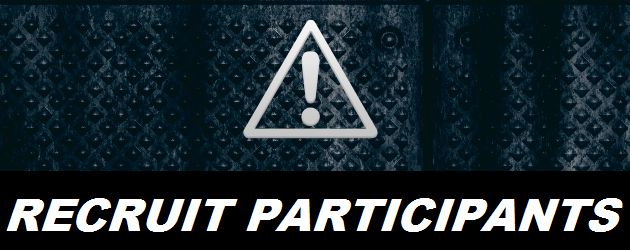
One of the keys to an effective focus group is selecting non-biased participants who represent your website’s real audience to some degree. This is why we took out a Craigslist ad rather than simply asking a group of friends and family for feedback.
By offering each participant $75 in compensation, we were able to get 12 people from the community (the precise community we are targeting) to come into the office for a 3-hour focus group. Here is exactly how we advertised the focus group:
$75.00 PAID FOR YOUR PARTICIPATION in a focus group where you will evaluate our firm’s new website. The focus group will be held from 12:30 a.m. to 3:30 p.m. on 16, December, 2013, at our local law office:
Estey & Bomberger, LLP
2869 India St
San Diego, CA 92103
(619) 873-4498
Please send your resume and your contact information for consideration.
SEO Tip: If you hold the focus group at your office, you can add your name, address, and phone number to the listing, which is a positive local ranking signal.
Ok, we have our audience now it’s time to prepare for them.
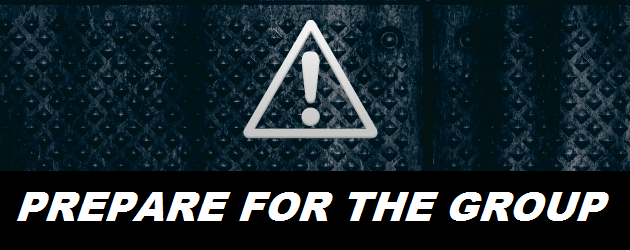
Here’s a checklist of what you’ll need:
- 1. As many computers as possible. If you are low on computers, request in your ad that participants bring their own laptops.
2. A room that can accommodate everyone. The room we used was maybe 500 square feet, and we had fold-up chairs for people to sit in.
Optional Equipment
- 3. An audio recording device. Most smart phones will do the trick.
4. Video equipment. This is in case you really want to get serious and film the session.
Okay, Now It’s Time for the Really Important Stuff!
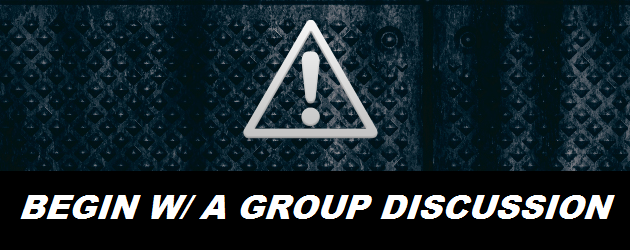
One of the lessons that attorneys taught me was to begin with a broad discussion. We chose to prompt the group to discuss how they would (or, had in the past) approach searching for an attorney. You cannot be shy about leading the discussion, so if public speaking isn’t your thing, let someone else handle it. Here are some of the questions we asked:
- Has anyone in this room ever hired a lawyer?
- How did you find the lawyer you hired?
- What were your priorities in terms of what you looked for in the right attorney?
- Did you use any websites to help you find your attorney? If so, what sites did you use?
- Did you look at online reviews first? If so, on what sites?
And so on. I found the group discussion to be even more valuable than the specific feedback about our actual website. This information really does transcend online marketing, as it can provide insight that will help you understand your clients better, and help you improve your business.
OF CRITICAL IMPORTANCE: The efficacy of this portion of the focus group is entirely dependent on your ability to get people talking freely about their opinions, thoughts, and feelings. Don’t screw it up by asking questions that lead them to a specific answer. For example:
Do you like blue-dominant websites, or grey-dominant websites?
BOOOOOO! This is not a good question, as it leads the members of the group into answering in a way that might not reflect their actual opinions. A better way to phrase this questions might be:
Can you discuss how colors play a role in your impression of a website?
This leaves the discussion entirely up to the opinions and feelings of your audience, and the responses you get will be far more insightful and genuine. It will also spark discuss among the group, which is precisely the point.
The best way to maximize the value of your focus group is to ask questions in the right way, regardless of what the question is.
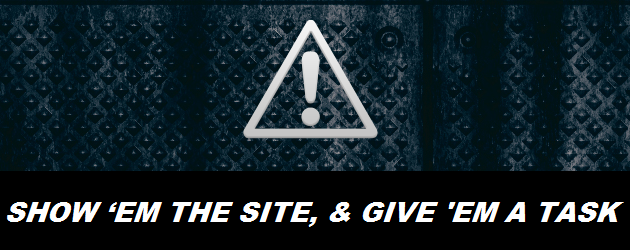
The next portion is where you’ll need to ask the participants to break out the laptops, and browse the site.
We provided each participant with a scenario, for example:
“You’ve recently been involved in an auto accident for which you were not at fault. You sustained a broken femur and also severe burns. You’re looking for information to help you decide whether you need to hire an attorney. Go!”
Important: I thought we should provide the participants with a survey to answer while they browsed the site. The attorneys squashed this immediately.
When you give someone a sheet of paper with a bunch of questions like, “On a scale from 1-10, rate the aesthetic appeal of the site,” you limit participants’ responses. Even if you do get some sort of consensus, what have you really learned other than “my site looks really good”, or “my site looks really bad”, or “my site either looks really good or really bad, depending on individual preference”? You can’t use any of that information in a meaningful way.
Instead, we asked each participant to make notes as they went through the site. We prompted the group as follows:
“As you navigate through the site, please make sure to jot down notes about anything that you like or dislike, any functionality problems you notice, anything about the site that frustrates you, etc. If you have a feeling or opinion about something, please write it down!”
The insights and feedback that we obtained as a result of using this approach were invaluable. Not only did we get general opinions like, “I wish there were links to sites where the firm has been reviewed”, we also got awesome functionality feedback like “I searched for [XYZ] within the site, but the search results were not relevant” and “there is a broken link on the ‘About Us’ page”.
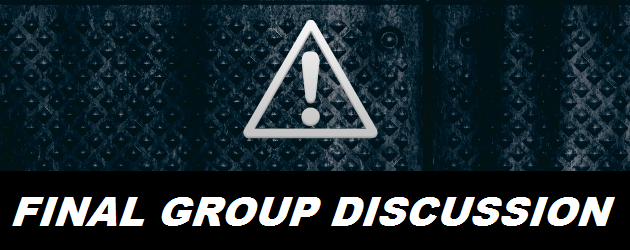
We finished up our focus group by bringing the participants back together for another group discussion, as they were now actually acquainted with the site and could give specific feedback based on their experiences. Again, I’m not going to tell you what to ask the group, but rather stress once more the importance of how you phrase the questions that you do ask. Here are some examples of discussion starters:
- Did anyone find anything about this site particularly frustrating?
- Did anyone have trouble finding the information they needed?
- What are your impressions of the site as a whole?
- What are your impressions of the law firm as whole?
As with the initial group discussion, be sure that someone is either recording or taking good notes during the wrap-up discussion.
Examples of Takeaways and Action Items from Our Focus Group (THIS IS GOLD):
- 1. Overall, the website is clean and simple to use.
2. The video testimonials mean much more to the potential clients then the written testimonials. We should make an effort to rearrange our video testimonial page so that our most credible and interesting videos are at the top.
3. We should make more of an effort to get videos from our existing clients given the weight potential clients give to those videos. We should also make more of an effort to have our existing clients or past clients put reviews on the third-party review sites; Yelp then Google appear to be the two most important.
4. Even though it seems that no fee unless we win is self-explanatory, we should link from these words to a page that explains our contingency fee policy.
5. We should put any of our positive third-party reviews (from sites such as Yelp) on our site.
6. Each one of our injury pages (practice areas) should have a video testimonial on it for that type of case.
7. On our results page, we should have a detailed description of each one of our cases that is interesting and engaging because it is clear that people would like to read about those cases rather than just see names and amounts.
8. The three most important criteria that potential clients looked for in reviews were whether: (1) we were easy to deal with, (2) accessible, and (3) responsive. We should keep this information in mind when speaking with people to do our potential testimonial videos or when speaking with clients about putting reviews on Yelp or Google.
9. On our ‘Awards’ page, we should highlight the awards and accomplishments that the focus group put the most stock into. They ranked the awards from most important to least important are as follows: (1) Trial Attorney of the Year, (2) AAA rating from the State Bar, (3) Avvo rating of 10, (4) Top 100 Trial Attorneys (this should read “Top 100 National Trial Attorney List”), (5) Super Lawyers. They did not appear to be familiar with other rankings, such as AV Rating, ABOTA, etc. We may want to include our BBB rating from the Better Business Bureau.
10. When taking firm pictures, we should always be smiling so that we look engaging rather than serious.
11. We should do more videos for our site that speak generally about what we do and why we are different than our competition.
12. We should have a page that lets potential clients know what to expect if they hire us to handle their case.
13. After someone submits a case evaluation form, they should get a message saying thank you and that we will reply within 24 hours.
14. We may want to consider taking the music off the video testimonials because it appears to cheesy.
TL;DR
Conducting a focus group on your law firm website will help you make more effective changes than will guessing or relying solely on competitive analysis. The efficacy of your focus group depends entirely on your ability to ask questions in the right way, generating spirited and honest discussion among the group’s participants.
One More Tip:
As most attorneys know, getting clients to leave reviews of your firm on sites like Google+ and Yelp is difficult. Be sure to follow-up with the focus group participants and ask that they leave a review of the firm based on their experience during the focus group.
Image credits:
Flick User MikeSchinkel
Fickr User Sean MacEntee
